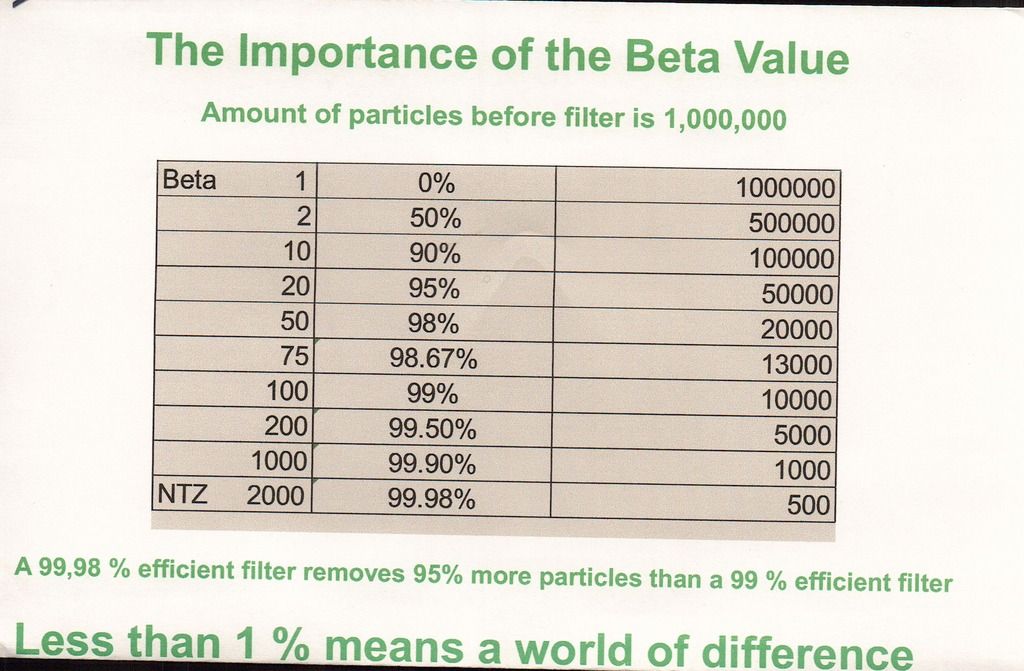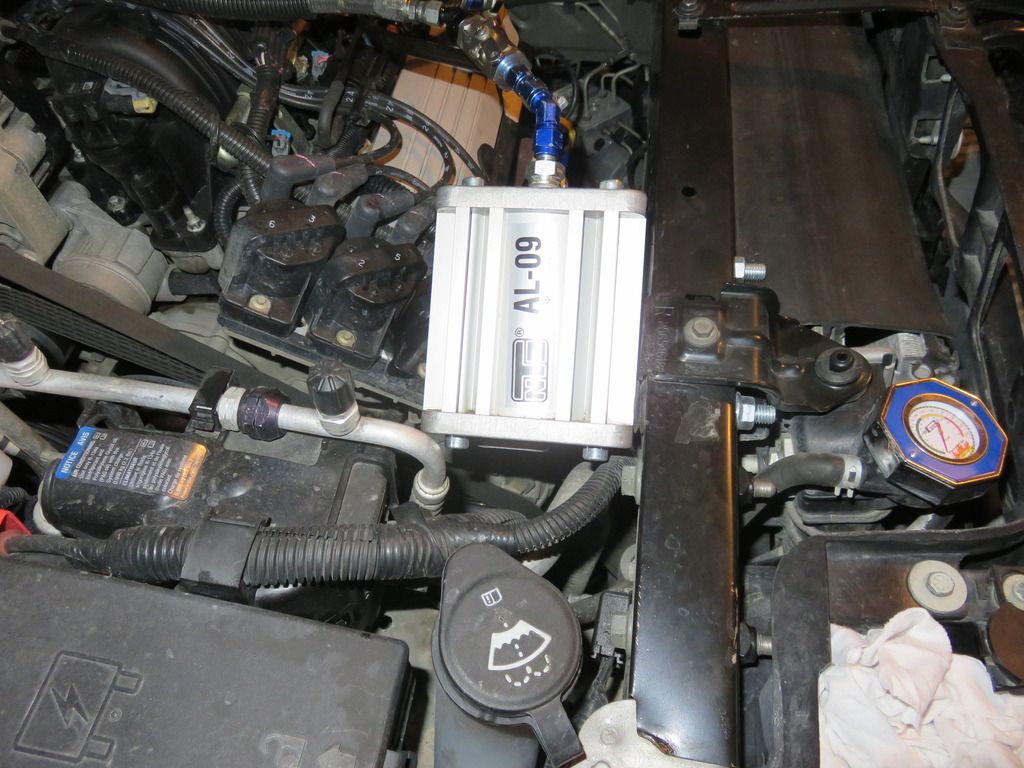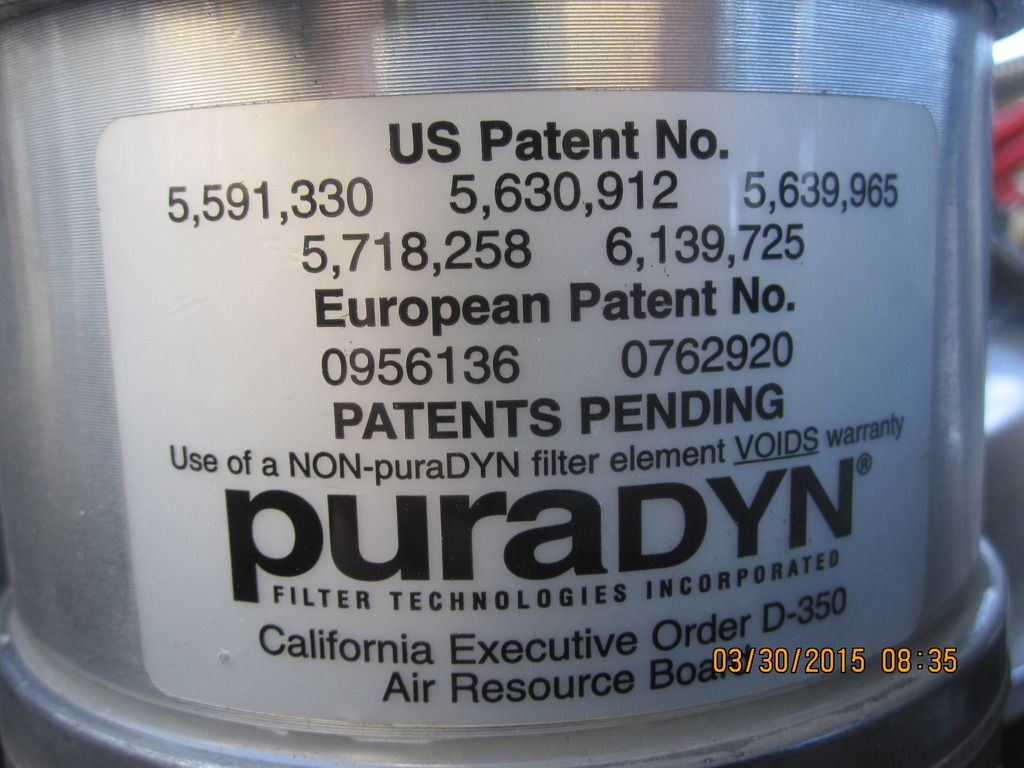Originally Posted By: fdcg27
Any oil and filter changed on any reasonable interval will bring wear to an irreducible minimum.
This is absolutely not true. If it were, why would anyone care about how efficient their oil filters are? Why would filter manufacturers feel any need or obligation to publish efficiency ratings? And why would BITOGers obsess over the difference between 95% vs 98.7%? I have no desire to start a flame war, but there is some bloviating going on in this thread by more than one poster; and there is also some excellent advice. Reader discern. I would think that most any BITOGer who has been here very long (and I won't define very long), has read David Newton's article "How to decide what is normal"
http://www.bobistheoilguy.com/used-oil-analysis-how-to-decide-what-is-normal/
It is pointed out within this article and many other places on the internet (I'm not going to research it, I already have); one of the accepted rules of thumb in Used Oil Analysis for ANY engine is that you can take the IRON ppm and divide it by the miles on the oil in thousands and determine a "wear rate" for the engine. For example, my last UOA with 12K on my oil had 15 ppm iron. So 15/12=1.25 for a wear rate. Is this for the oil or engine? That is a separate debate, and I'm not trying to go there, all I'm trying to define is that there IS A DIFFERENCE in the amount of abrasive debris circulating in your engine using different oils and filters; and your oil and filter choice definitely have consequences.
I challenge anyone to take this formula and apply it to any UOA with any filter and oil of your choice and disprove it. IF you can, I'm quite sure that Ryan Stark of Blackstone labs and David Newton (dnewton3) on this forum would be interested in talking to you. You can also see what
YOUR choice of oil and filter are doing (or not doing).
Right now, personally, I believe the bypass filter that I am running is among the most efficient available:


And if anyone thinks this doesn't apply to you because you just change it every 3 or 5 or 10K, look at Shannow's post here on p2 to see how dirty "new" oil is:
https://bobistheoilguy.com/forums/ubbthreads.php/topics/3533589/2
My last particle count was 14/13/11, and my baseline VOA was 17/16/13, so for right now, the almost 16K oil in my car is 8 times cleaner than what I poured out of the bottle as "new." Put that in your BMW and run with it. I don't think it takes a rocket scientist to realize that the cleaner the oil is, generally, the better, until you get ridiculous. Caterpillar recommends new oil to be 16/13 before adding to an engine, and there isn't an oil on the market that meets that specification. See p2 here:
https://www.hyprofiltration.com/clientuploads/directory/CaseStudies/PDFs/CAT 5 Star.pdf
I would say to the OP; I doubt any of us would hesitate to take a beating to save our kids from the same, but you have GOT to maintain your oil level and top it off accordingly, or you're going to end up walking.
NO FILTER IN THE WORLD can substitute for an empty sump. Duh? I believe I have one of the best filters available, but I check my oil level frequently. I empathize with you as a parent.






